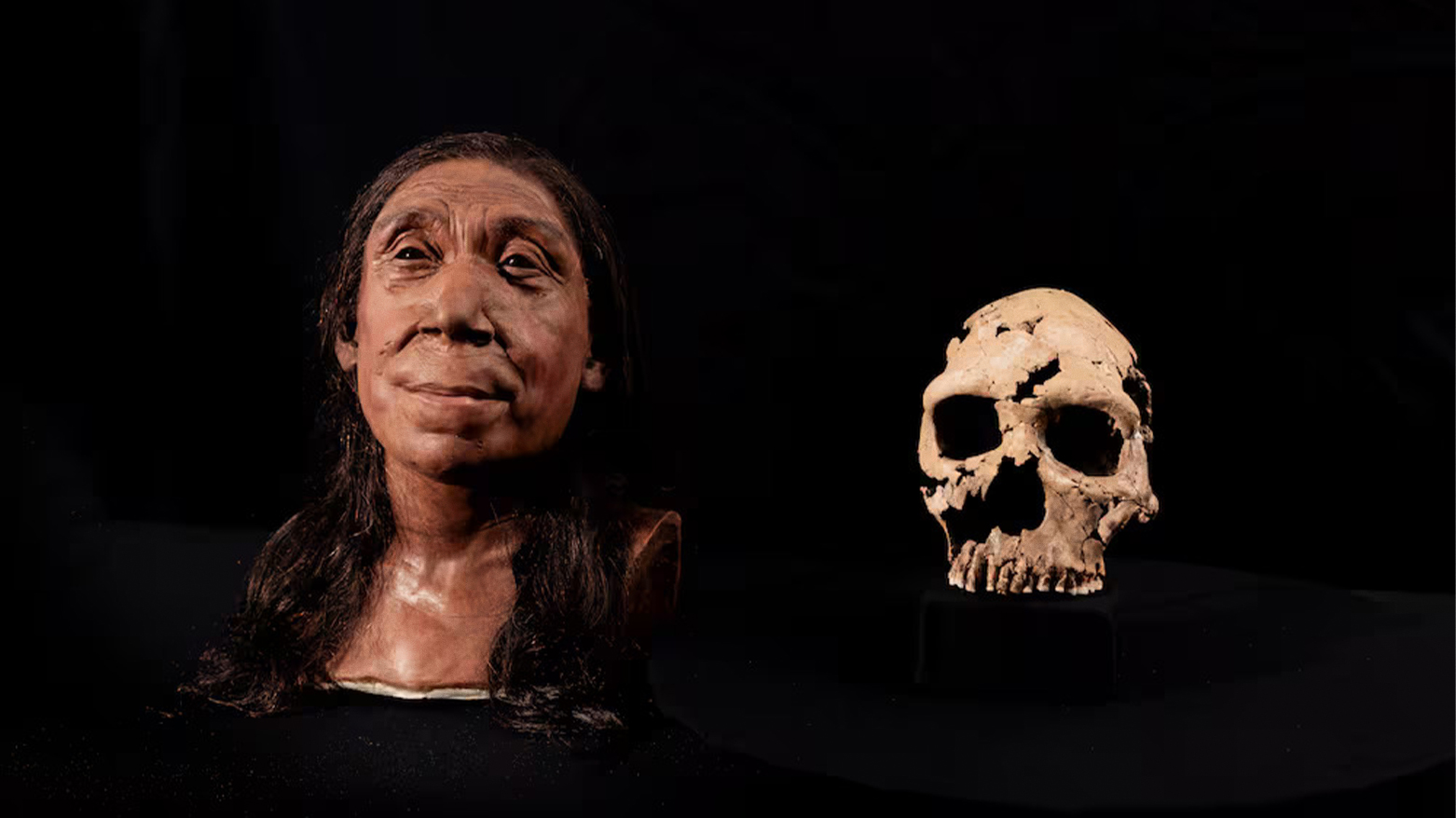Archaeologist discusses discovery of Neanderthal skull in Shanidar Cave
"The documentary was produced by the BBC's Natural History Department. The concept originated within the BBC, which subsequently proposed it to Netflix for distribution."

ERBIL (Kurdistan24) — Dr. Emma Pomeroy, the archaeologist involved in the excavation of the Neanderthal skull in Shanidar Cave, provided insights to Kurdistan24 reporter, Essa Hassan, shedding light on the challenging and time-consuming nature of the project.
Could you elaborate on the Neanderthal skull discovered in Shanidar Cave?
"Our recent discovery is the skeleton of an elderly Neanderthal woman who passed away approximately 75,000 years ago. She lived to a relatively advanced age for Neanderthals, likely in her forties. The process of collecting and preserving the skeletal remains was extensive, ensuring that future generations have access to invaluable insights into our prehistoric past."
What ongoing work remains to be revealed from the project?
"We are currently engaged in various aspects of the project, delving deeper into the significance of Shanidar Z and the lives of Neanderthals themselves. Our research encompasses their daily activities, diet, and behavioral patterns. Additionally, we are exploring the cohabitation of Neanderthals and modern humans within cave environments, unraveling the timeline of human occupation. Were there overlapping periods where both species inhabited caves concurrently? Did modern humans supersede Neanderthals without interaction? These questions underscore the complexities of prehistoric cave life that demand further exploration."
Regarding the documentary "The Secret of the Neanderthals," could you provide insight into its creation?
"The documentary was produced by the BBC's Natural History Department. The concept originated within the BBC, which subsequently proposed it to Netflix for distribution. While Netflix facilitated its release, the creative genesis and execution of the project belong to the BBC."
The unveiling of the reconstructed face of a 75,000-year-old Neanderthal woman, Shanidar Z, has sparked international interest and ignited discussions about human evolution, cultural practices, and the interactions between Neanderthals and modern humans.
Read More: Reconstruction of Neanderthal woman Shanidar Z garners global attention
In a groundbreaking revelation, the University of Cambridge has unveiled the reconstructed face of a Neanderthal woman named Shanidar Z, shedding new light on the lives and behaviors of our ancient ancestors.
This extraordinary discovery, made possible through meticulous excavation and cutting-edge scientific techniques, has captivated researchers and the public alike, challenging longstanding perceptions of Neanderthals as primitive beings.